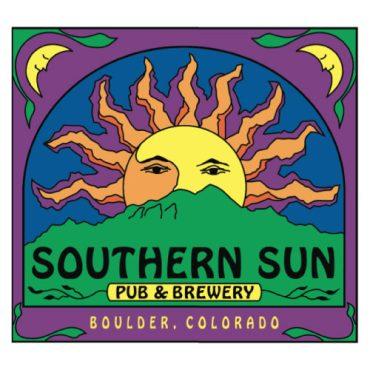KGNU is partnering with the League of Women Voters of Boulder County on a monthly commentary series called Making Democracy Work for All! which focuses on educating listeners on the workings of state and local government and letting them know how they can get involved at different stages of the political process.
This month we hear from League member Louisa Young, who recently led a study for the League of Women Voters of Boulder County regarding Rights of Undocumented Immigrants.
The League of Women Voters of Boulder County is a non-partisan, political organization. We study issues and take program positions on topics that relate to government. We do that through a process of consensus. After we have studied and taken consensus, we work to influence public opinion and government action. We do not rest on a plateau for very long, nor stop educating ourselves, and we constantly update our members and the public on those topics. Immigration policy is something the whole national League, including that of Boulder County studied and adopted a program position. The League of Women Voters of Boulder County wanted to learn what rights undocumented immigrants DO have. We hear a lot about what rights they don’t have. We looked at several arenas and developed a presentation. Our materials are available to the public on our website: LWVBC.org. We urge listeners who are interested in detail about our findings to go to the website.
The several arenas we considered are: employment, public benefits, voting, education and mobility (such as driver licenses). Some of our findings might surprise you. While we looked into certain rights, we know it doesn’t always work the way the law says it should.
Federal law prohibits employers from hiring anyone not authorized to work. There are penalties, and the employer can avoid fines and prosecution by requiring certain documentation that shows the potential employee is authorized to work. Acceptable documentation examples are a Social Security Card that does not contain a restriction on its face, a driver license or other secure identification. Once they are hired, all workers, including those who are undocumented, have a right to minimum wage, overtime pay, breaks, and tips. They are eligible for Worker’s Comp. They have the right to refuse unsafe work if they reasonably believe it would create a hazard for themselves or their co-workers. They are protected against discrimination on the basis of a host of traits. They cannot collect unemployment. Everyone who earns money in the US is required to file an income tax return, and a Social Security Number or an Individual Taxpayer Identification Number (an ITIN) is required for filing.
In the US, children are given the right to an elementary education and secondary education regardless of their immigration status. There is NO federal law that prohibits the admission of undocumented immigrants to US colleges, universities, public or private, nor federal law requiring students to prove citizenship in order to enter US institutions of higher education, although every institution has its own policies on admitting undocumented students. The cost of attending college is the primary obstacle facing undocumented students. Colorado is one of 17 states that have provisions for in-state tuition for undocumented students. At least 6 states allow undocumented students to receive state financial aid. Colorado is not one of them. The federal DREAM act was an attempt to deal with education for undocumented immigrant children on the federal level, but it has not passed.
There are many public assistance programs available to low income families and individuals. It’s an alphabet soup: SNAP, WIC, CCCAP, and Medicaid are some examples. Legal immigrants are prohibited from qualifying usually for 5 years after arrival. Undocumented immigrants can get emergency medical care but not most other benefits. Refugees immediately on arrival are eligible for a limited amount of public benefits for limited periods. This recognizes that many come with minimal possessions while also discouraging long-term reliance on public benefits. Foreigners who are here temporarily, such as work or student visa holders, are generally ineligible for public benefits.
Since 1996, a federal law has prohibited non-citizens from voting in federal elections, punishing them by fines, imprisonment, inadmissibility, and deportation. However, over 40 states or territories, including colonies before the Declaration of Independence, have at some time given at least some aliens voting rights in some or all elections. Colorado allowed resident aliens some voting rights from 1876–1902.
Undocumented immigrants can travel fairly easily around the U.S. by train or bus, except when near borders, where they could be stopped by immigration authorities. They can travel by car, but always risk being stopped or being in an accident. Legal residents with green cards, and those covered by DACA, can get a regular driver’s license. Colorado is one of several states who issues drivers licenses to residents who cannot provide proof of legal presence in the U.S. This driver’s license is NOT valid for FEDERAL identification purposes. To obtain the individual needs to provide proof of Colorado residency, proof of identity from the home country, which includes legal name and date of birth, and an Individual Taxpayer Identification Number (ITIN). The person also must sign specific affidavits and pass the knowledge and road tests. If you have proof of temporary legal presence in the U.S., you can apply at any DMV office. If you cannot prove temporary lawful presence, you must make an appointment, and there are only 3 DMV offices in Colorado to process these licenses: Denver, Colorado Springs, and Grand Junction.
This is a very brief summary of our findings.
-
 play_arrow
play_arrow
Making Democracy Work for All! Immigration Reform KGNU News
-
 play_arrow
play_arrow
Making Democracy Work for All! Immigration Reform KGNU News
Podcast: Play in new window | Download


















